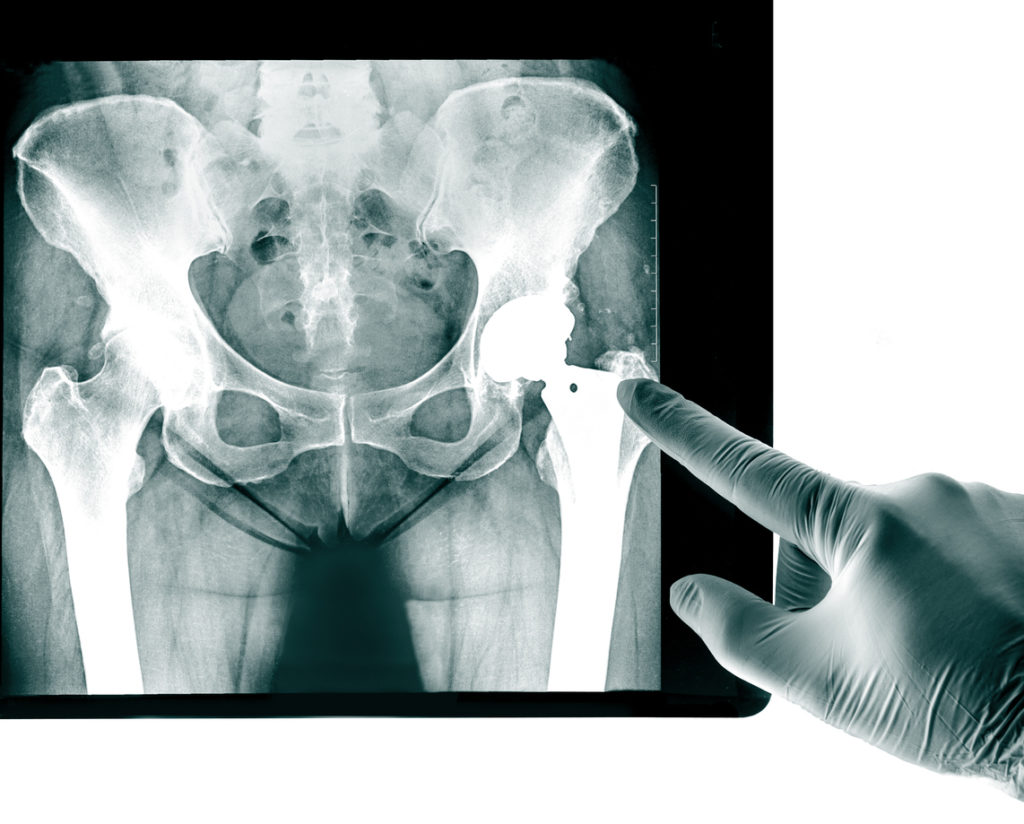What is New in MultiDistrict Litigation? — September Hearing

Hip Implants Gone Wrong
The next hearing session of the United States Judicial Panel on Multidistrict Litigation (“JPML”) is scheduled for September 29, 2022, in St. Louis, Missouri. Five matters are set for oral argument to consider motions to transfer each to one centralized district for coordinated pretrial proceedings, covering a variety of hot topics. The hearing session will cover topics including health issues potentially linked to acetaminophen usage, product liability litigation regarding a hip replacement device, adolescent social media addiction, environmental issues relating to the US Postal Service, and water rights issues in the Klamath Basin.
2021 JPML Year in Review
Between 2020 and 2021, there was an approximately 25% decrease in the number of new petitions. The number of new MDL proceedings decreased from 2020 through 2021 – 19 in 2021 compared to 26 in 2020. The aggregate number of individual actions within the MDL jumped more than 25%, increasing to 420,418 as of mid-December 2021. There were five new product liability MDLs as compared to the six product liability MDLs created in 2020. Data breach, antitrust, and intellectual property MDLs saw a slight decline from 2019-2021. California, with five new MDLs, emerged as the state winner for most new MDL proceedings. In 2021, the 19 new MDLs were centralized in eight states, embodying 13 judicial districts.
Matters Set for September 2022 Oral Argument
The following matters are scheduled for oral argument during this fourth hearing session of the year:
- MDL No. 3043 − IN RE: ACETAMINOPHEN − ASD/ADHD PRODUCTS LIABILITY LITIGATION
- MDL No. 3044 − IN RE: EXACTECH POLYETHYLENE ORTHOPEDIC PRODUCTS LIABILITY LITIGATION
- MDL No. 3046 − IN RE: U.S. POSTAL SERVICES NEXT GENERATION DELIVERY VEHICLEACQUISITIONS PROGRAM RECORD OF DECISION LITIGATION
- MDL No. 3047 − IN RE: SOCIAL MEDIA ADOLESCENT ADDICTION/PERSONAL INJURY PRODUCTS LIABILITY LITIGATION
- MDL No. 3048 − IN RE: KLAMATH RIVER BASIN LITIGATION
Notable Motions to Transfer
MDL No. 3043 − IN RE: ACETAMINOPHEN − ASD/ADHD PRODUCTS LIABILITY LITIGATION. In June of 2022, a group of plaintiffs filed a motion with the U.S. Judicial Panel on Multidistrict Litigation for complaints to be centralized before one judge. Currently, there are at least nineteen civil actions arising from the purchase and use of acetaminophen during pregnancy filed in the U.S. District Court nationwide. The complaints raise similar questions of fact and law, regarding the correlation between prenatal acetaminophen exposure and adverse neuro-developmental outcomes. Plaintiffs residing in California, Washington, Nevada, Missouri, and Arkansas brought suit in federal court asserting claims based on the same set of operative facts. The facts follow the similar pattern of mothers who ingested defendants’ acetaminophen products while pregnant, based on the belief it was safe for in utero consumption, caused ASD and/or ADHD in their children. Numerous defendants, including Costco, CVS, Walgreen, Safeway, and Wal-Mart, have been named in the actions.
MDL No. 3044 − IN RE: EXACTECH POLYETHYLENE ORTHOPEDIC PRODUCTS LIABILITY LITIGATION. Exactech is a medical device company whose headquarters is located in Gainesville, Florida. The company develops and markets orthopedic implant devices, including joint replacements for knees, hips, shoulders, and ankles. In April 2022, Exactech issued a recall relating to polyethylene inserts in its Optetrak knee, Trulient knee, and Vantage ankle devices. According to the Exactech, the impacted inserts, manufactured as early as 2004, were packaged in such a way that resulted in increased oxidation and premature wear of the insert. Patients who had received these devices, as well as those who were implanted with Connexion GXL hip implant devices, have now filed lawsuits claiming their devices failed due to a defect in the products and caused injuries, including the need for additional surgeries. Plaintiffs requested the cases be coordinated in the Eastern District of New York. Defendants agree that coordination is appropriate and have requested centralization of the MDL proceedings in the Southern District of New York or the Eastern District of Louisiana.
MDL No. 3047 − IN RE: SOCIAL MEDIA ADOLESCENT ADDICTION/PERSONAL INJURY PRODUCTS LIABILITY LITIGATION. Time consumption due to scrolling through different applications online is a worldwide phenomenon. Such a phenomenon that defendant, Meta Platforms, Inc., is facing litigation regarding adolescent social media addiction. Plaintiffs in this case motioned to transfer and consolidate the schedule of actions to the Northern District of Illinois or the Western District of Missouri. Plaintiffs allege that Defendants’ social media products are specifically and intentionally designed to be addictive. As imagined, millions of adolescents use Instagram and Facebook. Defendants face allegations regarding the design of their products to be addictive; utilizing sophisticated algorithms and other features to maximize user time and engagement while boosting their profits. As of now, twenty-eight actions are pending in seventeen different districts throughout the country.
MDL No. 3048 − IN RE: KLAMATH RIVER BASIN LITIGATION. A decades-long dispute has resulted in seven cases pending in two different districts concerning the right to use water in the Klamath River Basin. The Klamath Project is in the Klamath Basin, occupying around 12,000 square miles in south-central Oregon and northern California. The Klamath Project is known as one of the oldest reclamation projects, which helps maintain and regulate water storage during high runoff periods that can be diverted for irrigation or downstream flows when natural run-off has diminished. There are many different competing interests existing in the Klamath Project, leading to this litigation. Farmers rely on water which flows through the Klamath Lake, producing approximately $300 million in agricultural goods annually. Simultaneously, Klamath Tribes and their members claim rights to use the natural resources of the Klamath basin for agricultural use. A third party, the commercial fishing industry, also claims interest in ensuring adequate populations of salmon in the Klamath River to allow commercial fishing to occur in the Pacific Ocean. The centralization of these complex, intertwined issues aims to streamline case management and discovery by creating a complete resolution of the parties’ claims in a single forum.
Share This


